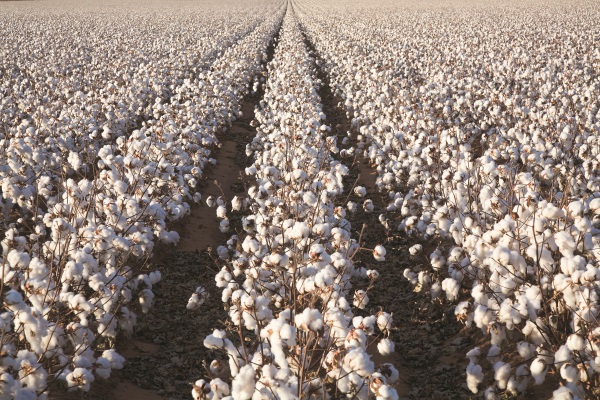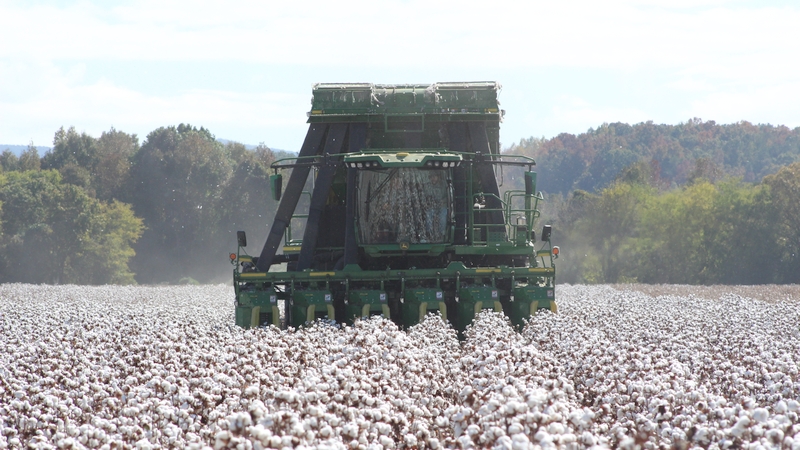Temik Removal Could Mean Trouble for Cotton Industry
Alyssa Dizon
Lubbock Avalanche-Journal
While there is a promising outlook for cotton production this year, South Plains cotton experts said the industry faces a severe problem in the next few years due to the discontinuation of a popular insecticide.
Last week, Bayer CropScience announced it cancelled the re-registration of aldicarb — a registered pesticide sold commercially as Temik — following an agreement with the Environmental Protection Agency.
The German company will phase out the use of Temik on citrus and potatoes by the end of 2011 and eventually discontinue uses on all other crops, such as cotton and peanuts in 2018, said Jack Boyne, director of communications for Bayer CropScience U.S. operations.
Although it is used mainly in the Southeast, Bayer CropScience will stop all sales of Temik worldwide by the end of 2014.
“There is nothing that can compete with Temik today,” said Kerry Siders, AgriLife Extension integrated pest management agent for Cochran and Hockley counties. “I don’t think people realize it’s going to be a major blow to the cotton industry.”
According to the EPA, after conducting a new risk assessment of the insecticide this year, the agency found the product no longer met food safety standards and could bring health problems to young children.
In 2007, Boyne said his company finished the last stage of re-registration, but recent studies showed there were risks of ingesting the chemical through the groundwater or the food supply.
Higher than normal levels of aldicarb may cause sweating, nausea, dizziness and blurred vision, abdominal pain, vomiting and diarrhea, according to the EPA.
Bayer CropScience did not agree with EPA, Boyne said, but it decided to respect the EPA’s decision.
The agreement with EPA does not make Temik a food safety concern, and in the 40 years Temik has been available, there were no problems when the product was used correctly, he said.
As it phases out the production and use of Temik, Bayer CropScience also agreed to change product labels to reduce the amount of Temik applied per acre.
Jason Woodward, an AgriLife Extension plant pathologist, said farmers apply Temik while planting their crop to fend off nematodes, which infect roots and keep the plant from taking in nutrients and water. The microscopic worms reproduce very quickly and cause stunting, reduction in fruit, slower growth and, ultimately, failed acres, he said.
Temik is also effective against aphids and thrips — another type of insect that also feeds on plant foliage and compromises the plant’s health.
“Temik has historically been our commercial standard for both nematodes and thrips,” Woodward said. “I think there’s going to be big shoes to fill from a new product standpoint.”
(To see this story in its full, original context, click here.)









